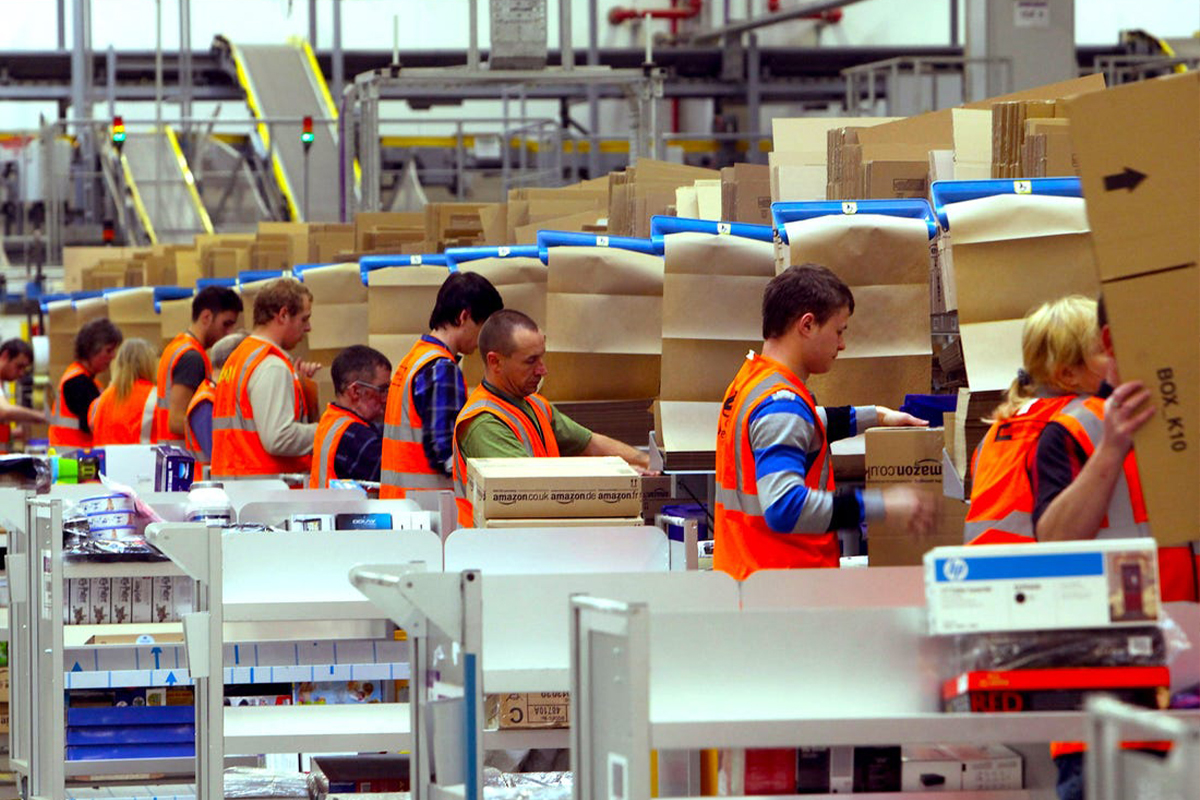The Organisation for Economic Co-operation and Development (OECD) has upgraded its global economic growth forecasts.
In December last year, the OECD predicted global growth of 4.2 per cent in 2021 and 3.7 per cent growth in 2022. Now, the Paris, France-based intergovernmental economic organisation is forecasting 5.6 per cent global growth this year, followed by a four per cent increase in 2022.
The OECD now expects global economic production to pass its pre-coronavirus pandemic level by the middle of this year, six months earlier than previously anticipated.
“Prospects have improved over recent months with signs of a rebound in goods trade and industrial production becoming clear by the end of 2020,” the OECD said in a statement.
“Sizeable risks remain. Faster progress in vaccine deployment in all countries would enable restrictions to be lifted more quickly and enhance confidence and spending. Slow progress in vaccine rollout and the emergence of new virus mutations resistant to existing vaccines would result in a weaker recovery, larger job losses and more business failures.”
The OECD credits the improved economic prospects to the increased number of COVID-19 vaccinations and government stimulus, particularly in the US where President Joe Biden’s proposed US$1.9 trillion virus relief aid package is nearing final approval. The House is set to vote on the Senate’s version of the stimulus, teeing up cheques and other financial assistance to start to reach Americans as soon as this month.
“The significant fiscal stimulus in the US, along with faster vaccination, could boost US GDP growth by over three percentage points this year, with welcome demand spillovers in key trading partners,” the OECD stated.
White House Chief Medical Advisor Dr Anthony Fauci said cases of COVID-19 in the US might plateau again at an “unacceptably high level”, CNBC reported.
The decline in cases seen since early January now appeared to be “going down a little more slowly”, Fauci told the Center for Strategic and International Studies during an interview on Tuesday afternoon. “Which means we might plateau again at an unacceptably high level.”
The OECD said the vaccine roll-outs would play a pivotal role in the recovery of economies and livelihoods. “Speeding up vaccine production and roll-out is the best economic policy available today to boost growth and job creation,” it said.
The organisation also urged countries to prioritise the production and deployment of vaccines “throughout the world” and called on richer nations to give help to lower-income countries.
“The resources required to provide vaccines to lower-income countries are small compared with the gains from a stronger and faster global economic recovery,” it said.
The G20, an international forum for the governments and central bank governors from 19 countries and the European Union, is now forecast to see its economies rise by 6.2 per cent. The country tipped to have the biggest economic growth is India with 12.7 per cent growth.
The OECD’s top 10 for economic growth
- India: 12.7%
- China: 7.8%
- US: 6.5%
- France: 5.9%
- Turkey: 5.9%
- Spain: 5.7%
- UK: 5.1%
- Indonesia: 4.9%
- Canada: 4.7%
- Argentina: 4.6%



